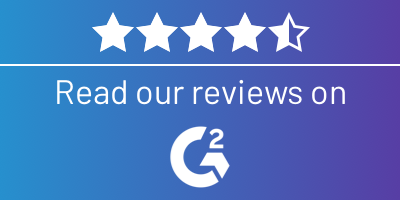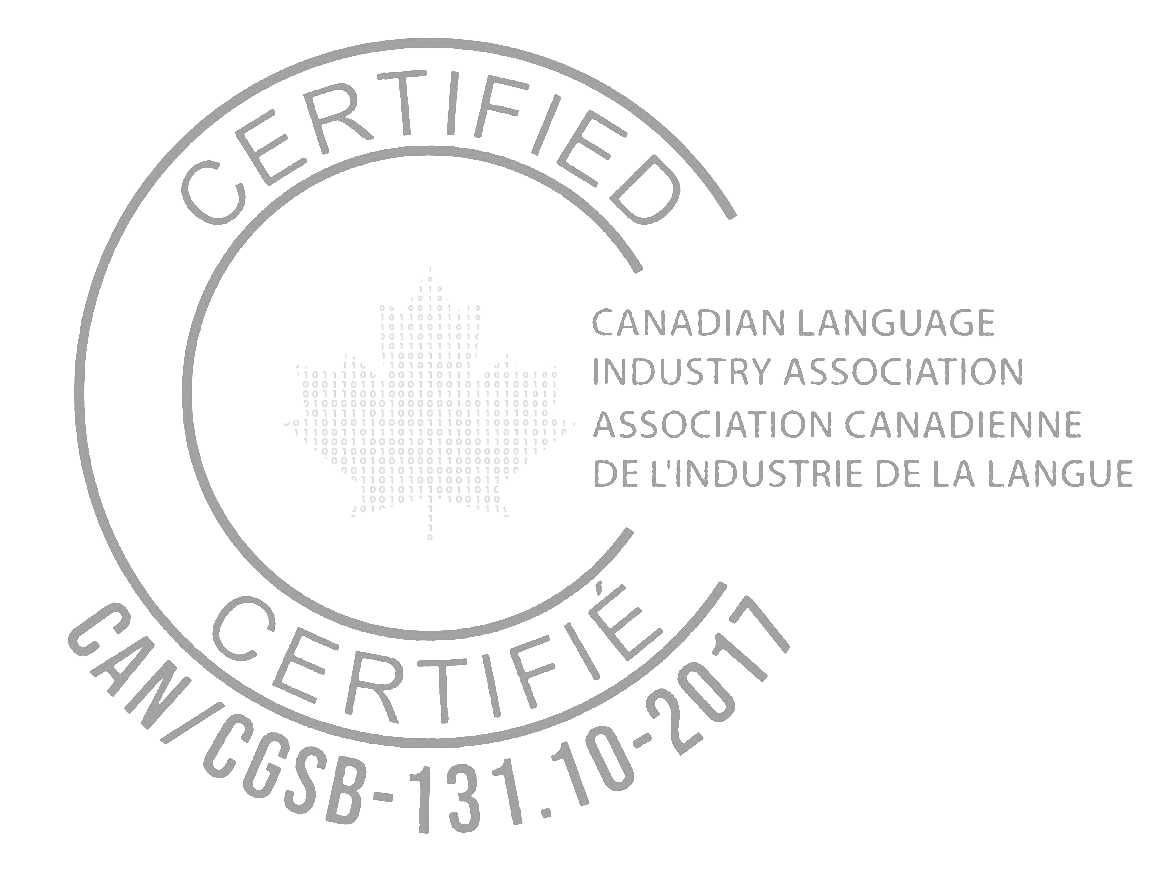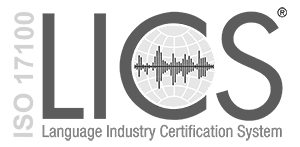When the new regulations governing the Quebec Language Law went into effect in June 2022, it was like a hurricane rushed across Canada’s corporate landscape. Ever since, CEOs and marketing professionals have been unsure of how to put the new legislation into practice, resulting in many legal consultations in attempts to understand the updated law.
In addition to the Quebec Language Charter, the implementation of Bill 96 has modified 200 rules, including the Constitution Act of 1867, the Charter of Human Rights and Freedoms, the Civil Code of Quebec, and the Consumer Protection Act.
There is clearly a lot for business leaders to understand.
Law firms representing companies in Consumer Packaged Goods (CPG) industries are currently busy interpreting the new law, which leaves some questions unanswered. Let’s take a closer look at trademark restrictions and their effects on public signage, posters, commercial advertising, product packaging and labelling.
The Impact of Bill 96 on Trademarks
Until recently, law firms tended to advise owners to register their English (or non-French) trademarks. This allowed the sole use of non-French trademarks in the design of billboards, posters, package labels and other advertising. This was ideal if the English trademark was universally known or if design limitations prevented the use of both English and French trademarks.
However, beginning in June 2025, one key change to Quebec’s language laws will be that a recognized non-French trademark needs to be registered with the Canadian Intellectual Property Office (CIPO) to qualify for the exception from requiring a French trademark. This pertains to public signage, posters, commercial advertising, packaging, and labelling. Further, no corresponding French version of the trademark can be registered to qualify for this exception.
In other words, if you have a registered French trademark, you will soon be legally obligated to use it in your marketing efforts in Quebec.
Update Trademarks Now to Be Ready for 2025
These changes will significantly impact how firms use trademarks in commercial advertising, product packaging, labelling, and public signage, impacting marketing departments.
As a result, lawyers are actively advising their corporate clients to assess all trademarks the company owns. Further, any generic or descriptive terms used on products or on outdoor public signs and posters must be considered. This will have an incredible impact on internal resources, and potentially even supply changes, as companies readdress their product packaging and advertising materials.
While many of these new restrictions won’t go into effect until June 2025, the registration process of trademarks can take up to 36 months.
If you haven’t yet started the process, you’re already behind.
Know How the Law Impacts Marketing and Advertising
Rarely is legislation concerned with the specifics of design. However, Quebec’s Bill 96 is explicitly clear about the specifications required for billboards, business advertisements, and public signage. For these materials, the French text must occupy twice as much space as the English text, and letters and font size must be twice as large. English display elements cannot reduce the French version’s visual impact.
Legal firms appreciate this clarity. These concrete rules provide a foundation to build on when offering counsel to marketing and advertising departments.
However, this clarity does not apply to everything. There are still many unanswered questions about product packaging.
Product Packaging Rules are Still Unclear
While the law is remarkably clear about how French must be applied to signs, posters, and commercial advertisements, it is unclear how French should be applied to packaging.
Must French content occupy the same amount of space as non-French trademarks? Or, like advertisements, must the French content be twice as large?
If the latter, what impact will that have on companies? The potential expenses could be far greater than new trademark registrations and marketing salaries – inventory may need to be repackaged to satisfy the ambiguous law.
In contrast, the law precisely lays out the criteria for signage, public posters, and commercial advertising. Before the recent changes, a trademark could be shown in English on a sign, poster, or commercial advertisement that could be seen from the outside of the premises, provided that the French trade name’s addition of generic or descriptive terms had a “sufficient” presence. However, the new law now requires that the French text used in conjunction with a non-French trademark be “markedly/clearly dominating” in comparison to the mark.
Simply, the French text must have a far greater visual impact than the English text when used on signs, posters, and commercial advertisements. But, unfortunately, we’re still unclear on product packaging.
Step carefully when building your strategy here and, if you haven’t, seek legal counsel for support.
Would You Like to Learn More? We Have You Covered…
Considering the precise design requirements for signage, posters and commercial advertisements, it is somewhat unusual that the law leaves packaging and label rules so vague. The new law offers some straightforward directives while also some ambiguities that allow for interpretations requiring legal fanaticism—and that is what makes the practice of law intriguing.
Do you want to learn more?
Watch our webinar, Pardon my French! Adapting Marketing & Trademarks to Bill 96, and learn how the experts at Baker McKenzie and Unilever Canada are dealing with Bill 96.
Are You Prepared for the New Translation Requirements?
From contracts to employee training, Bill 96 has impacted nearly every facet of business for those operating in Quebec. Business leaders are updating strategies while translation teams are faced with unprecedented workloads.
This is why many teams have adopted Alexa Translations A.I.
Give your team the efficiency boost they need with the combined power of Alexa Translations’ A.I. and team of professional translators. Integrating these performance-enhancing tools is easier than you might think - our team of project managers is here for you every step of the way.
Are you ready to boost your translation team’s efficiency?














